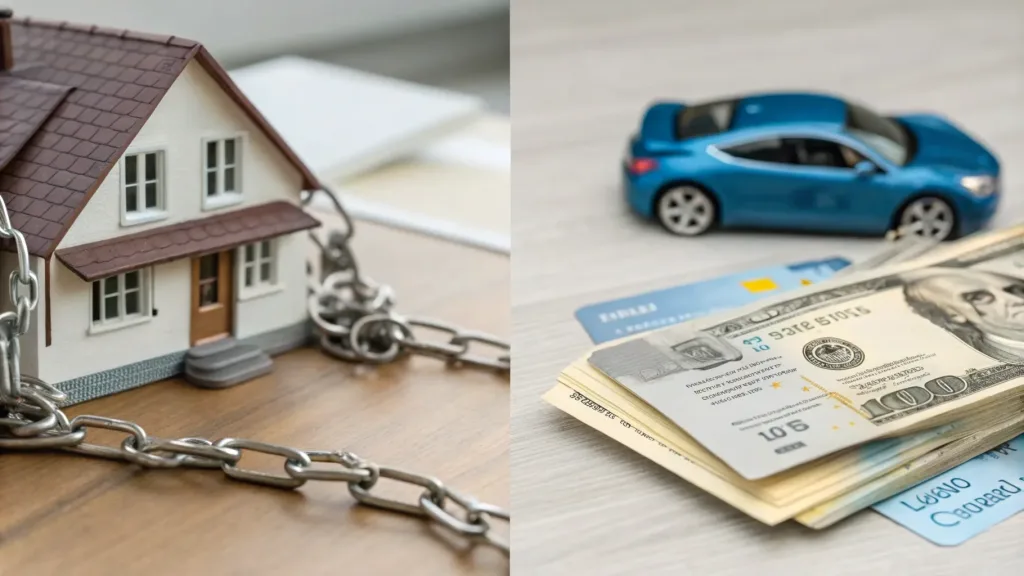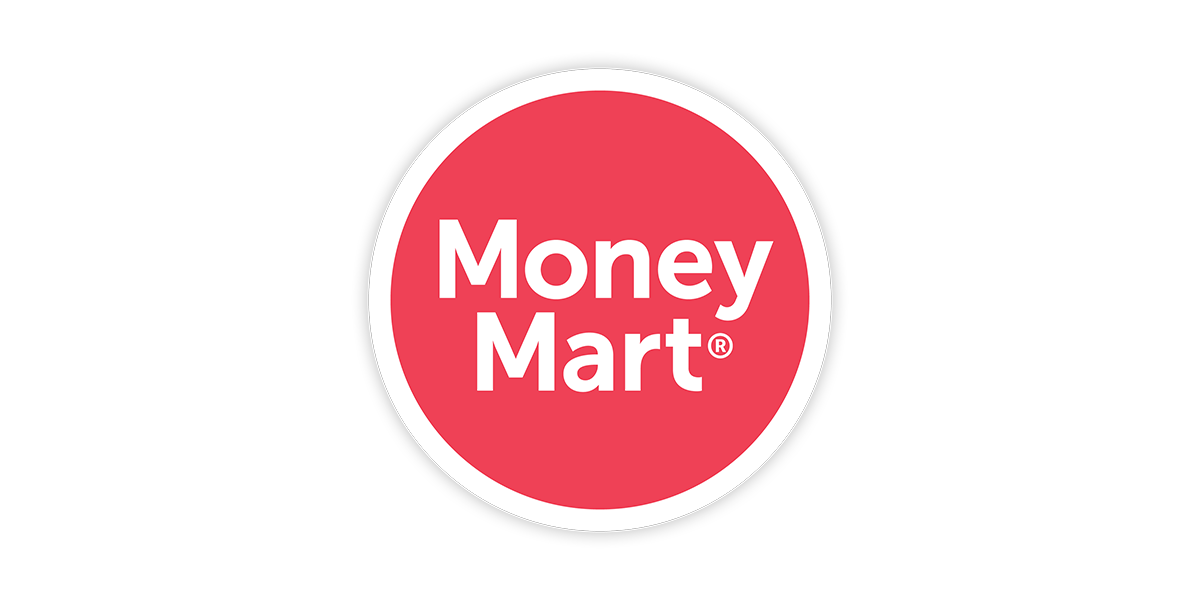Knowing the distinction, between unsecured loans is essential for individuals seeking to borrow funds. It’s important to note that both kinds entail borrowing a sum and repaying it gradually; however, they possess characteristics that could influence your financial well-being. Let’s delve into the details, in a manner.
Similarities Between Secured and Unsecured Loans
Prior, to delving into the variances, between them, both secured and unsecured loans possess similarities that should be acknowledged.
- Both involve borrowing a specific amount from a bank, credit union, or online lender.
- Both require repayment of the principal plus interest over a set period.
- The interest rate for both types of loans largely depends on your credit score.
Key Differences
1. Collateral
The main contrast lies in requirements, for loans; a secured loan necessitates an asset as security. Such, as your house or car. That can be claimed by the lender if you default on payment.
Without the need, for collateral as security, unlike secured loans loans are granted based on your commitment to repay the borrowed amount; in case of failure to do so legal actions would be pursued to reclaim the funds lent out.
2. Interest Rates
Secured loans generally come with interest rates compared to loans due, to their lower risk factor for lenders who can rely upon collateral as a form of security, in case of defaulting borrowers.
3. Loan Amounts
Secured loans often provide the opportunity to borrow a sum of money compared to loans due, to the asset serving as security for the loan amount, in case of default or failure to repay the debt.
4. Approval Odds
Securing a loan, with collateral is generally simpler than obtaining one without it. Lenders tend to find loans risky and hence are more inclined to accept individuals with imperfect credit histories. On the other hand, unsecured loans demand a credit score and a lower debt, to income ratio to qualify.
Examples of Secured and Unsecured Loans
Secured Loans
- Mortgages: Loans for purchasing a home, backed by the property itself.
- Auto Loans: Loans for purchasing a vehicle, secured by the car.
- HELOCs (Home Equity Lines of Credit): Secured by the equity in your home.
Unsecured Loans
- Personal Loans: Often used for personal expenses like vacations or weddings.
- Credit Cards: A revolving line of credit without collateral.
- Student Loans: For educational expenses, typically unsecured.
Which Loan Should You Choose?
Choosing between an unsecured loan relies, on your circumstances and requirements. If you possess a credit history and prefer not to put your assets at stake opting for a loan could be the suitable choice. However in cases where you require a sum of money and are able to pledge collateral,l a secured loan might offer favourable terms.
For more information on qualifying for personal loans or to explore types of investments, check out our other resources.
Final Thoughts
Knowing the contrast, between unsecured loans can give you the knowledge to make choices when borrowing money. It’s important to explore options to find favorable rates and terms that suit your financial objectives.



